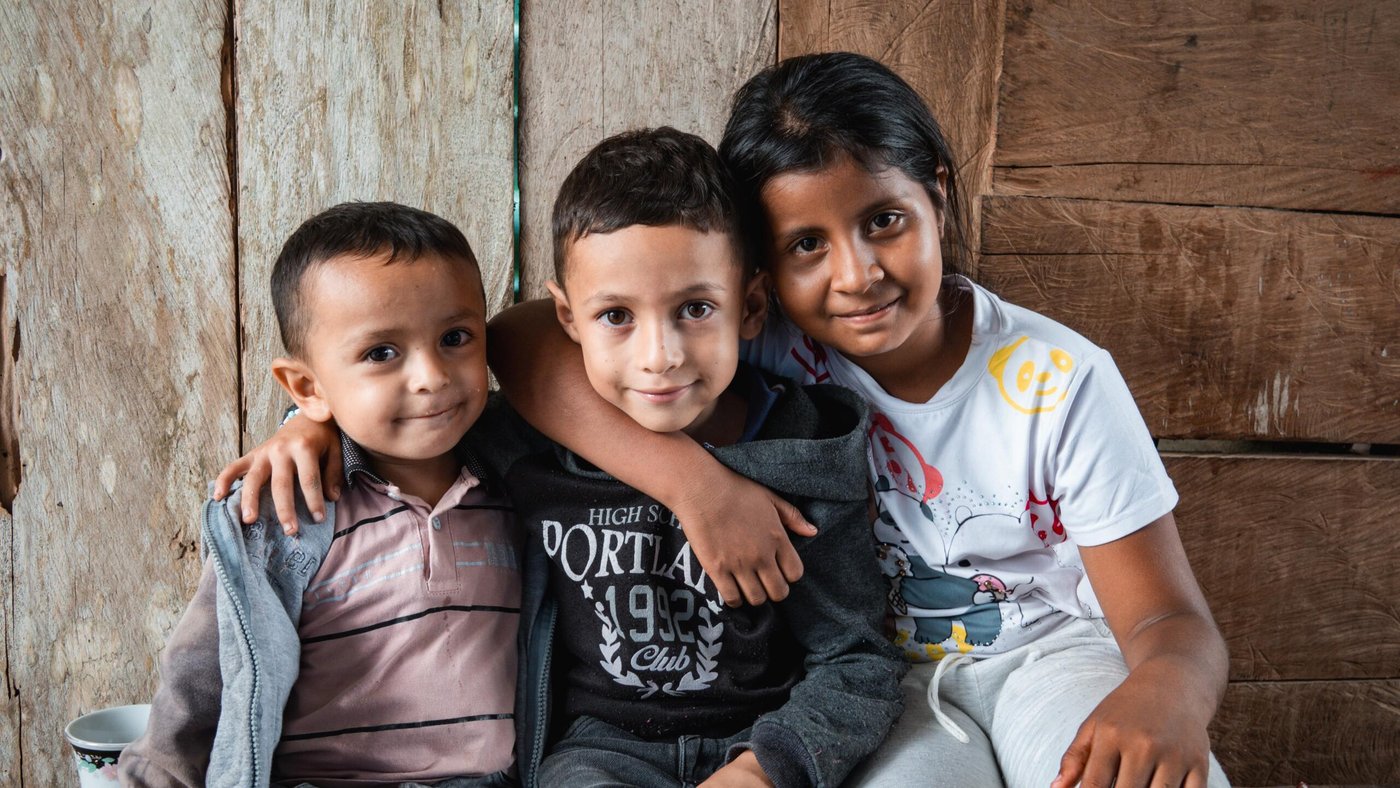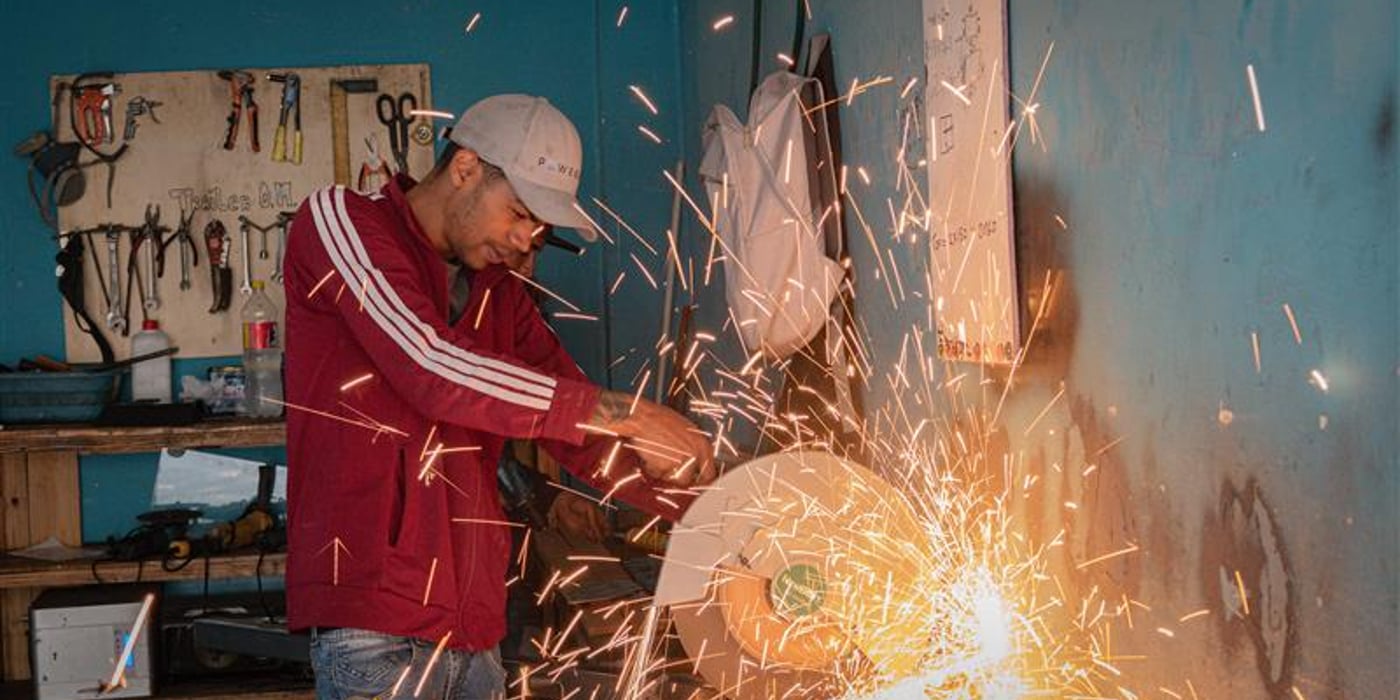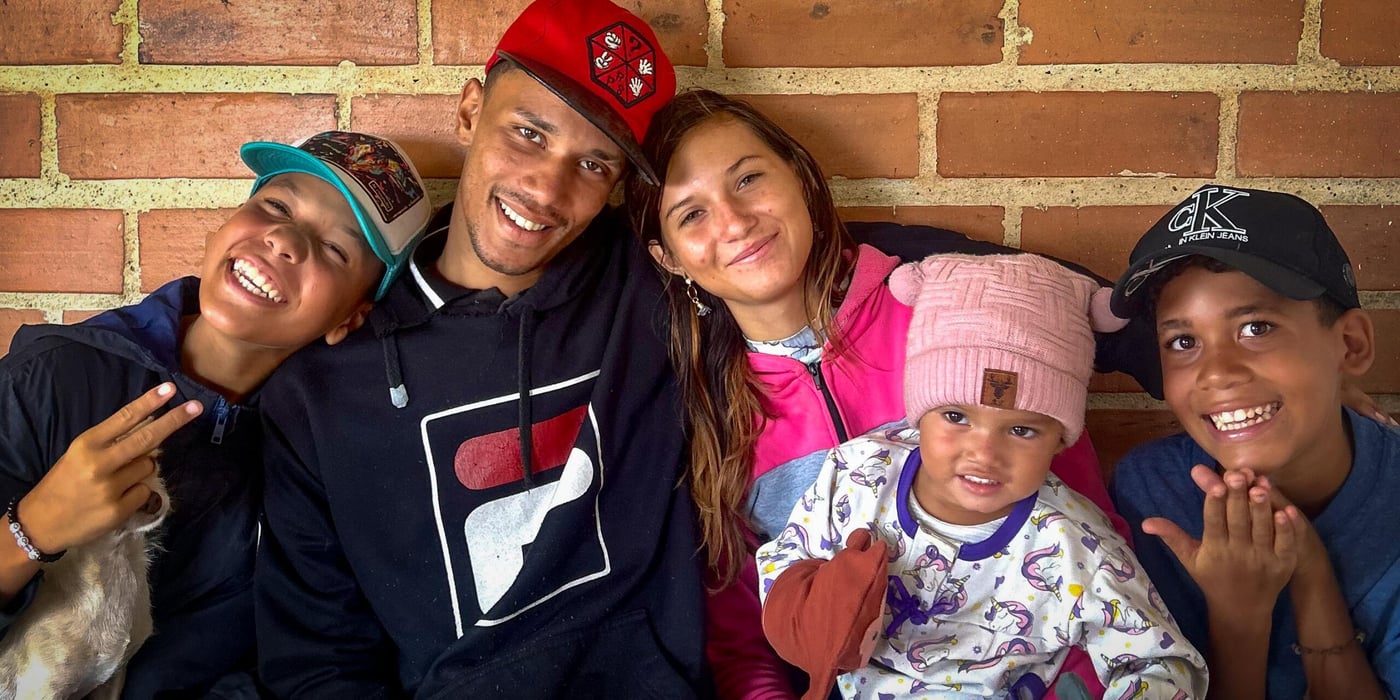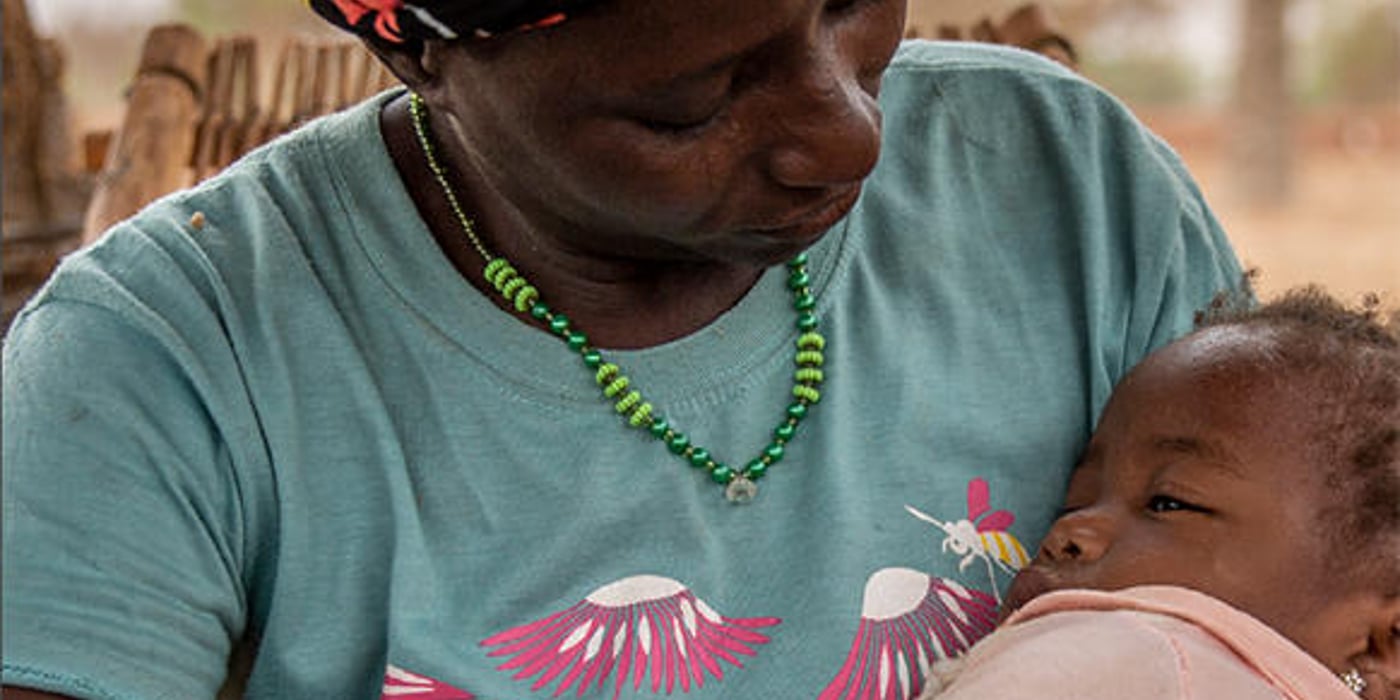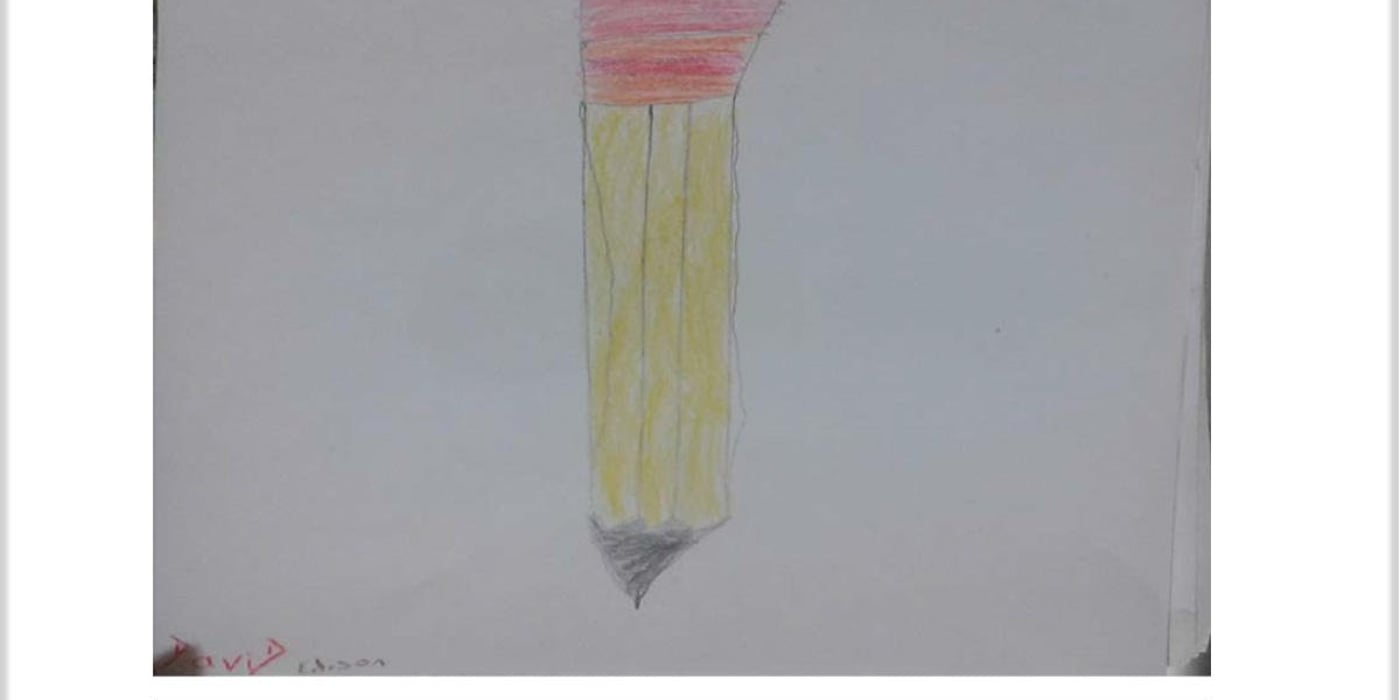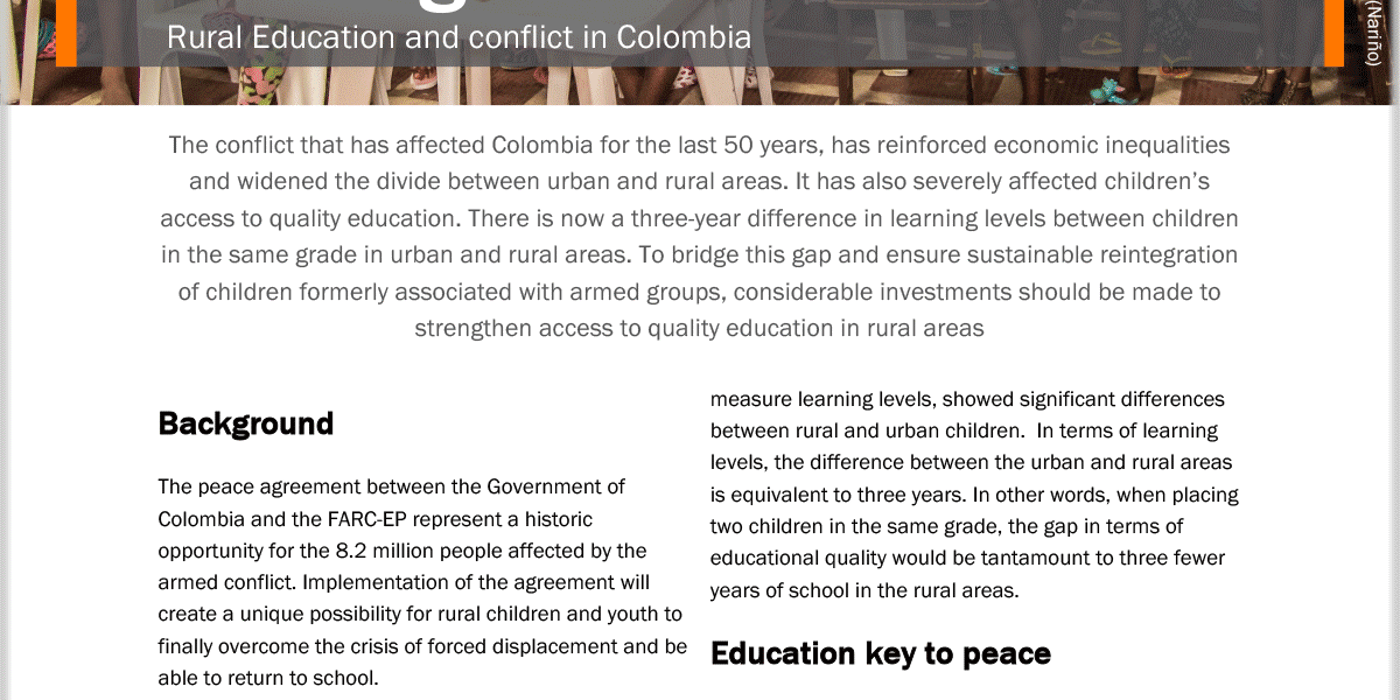At the Norwegian Refugee Council (NRC), we’re doing everything we can to help displaced families in Colombia – by focusing our efforts on hard-to-reach areas, where the authorities are struggling to provide protection and essential support.
What’s happening in Colombia?
Despite a peace agreement in 2016, conflict continues to torment the people of Colombia, with armed groups and criminal gangs controlling large rural areas. Entire communities have been confined or displaced – with rural Afro-Colombian and indigenous communities particularly affected.
In August 2022, the election of a new president, Gustavo Petro, brought hopes of positive change. But Colombia’s challenges are complex, and there are no easy solutions.
Millions of families are still displaced and many more have fled to neighbouring countries such as Ecuador and Panama. Colombia is also struggling to support the vast influx of Venezuelans who now live within its borders. It has become a transit country for those crossing into Panama, braving the deadly Darién Gap jungle in a bid to reach the United States.
Our response
We’re working with our partners in the following areas:
- Water, sanitation and hygiene – distributing hygiene and sanitation kits, improving access to wells, pumps and water treatment facilities, and teaching good hygiene practices.
- Shelter and settlements – providing displaced families with emergency shelter and longer-term, more permanent places to stay.
- Livelihoods and food security – delivering emergency food, as well as helping people to earn a living and feed their families in the future.
- Education – helping crisis-affected children to access and stay in school, distributing teaching materials, and providing young people with vital vocational training.
- Protection from violence – ensuring displaced families and communities stay safe by preventing and responding to violence and abuse.
- Information, counselling and legal assistance – helping people access legal documentation, fight eviction and claim the housing rights they’re entitled to.
Download the factsheet for NRC in Colombia, Ecuador and Panama
Our operations
Established: 2005
Areas of operation: Arauca, Bogota, Buenaventura, Cali, Cucuta, Florencia, Guapi, Ipiales, Maicao, Medellin, Ocaña, Pasto, Popayan, Puerto Asis, Quibdo, Riohacha, San Jose del Guaviare, Santa Marta, Tumaco and Villavicencio.
Country Director: Giovanni Rizzo
Contact: co.nrc@nrc.no
View NRC in Colombia's website in Spanish
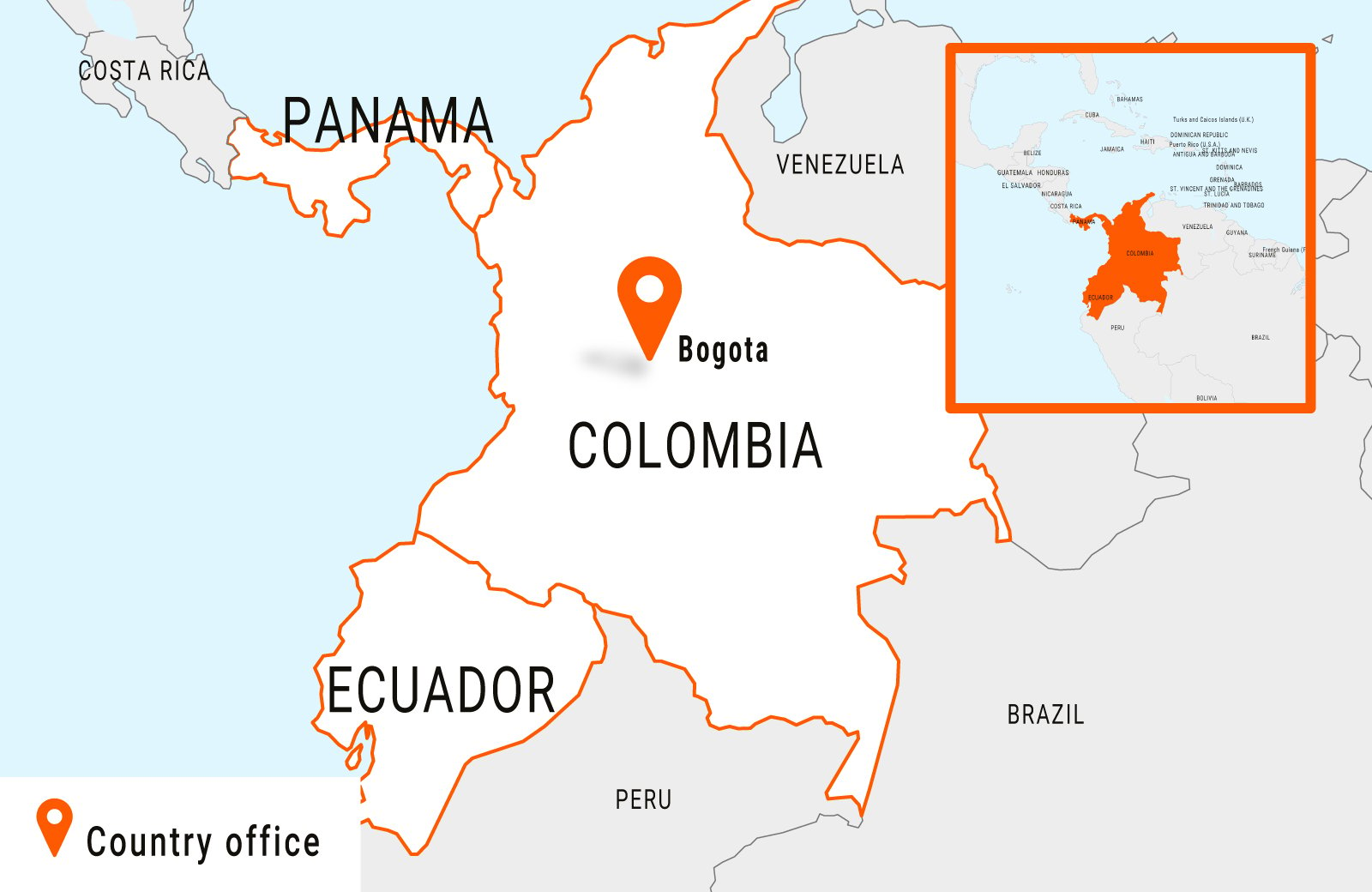
Our impact
In 2024, we assisted 125,091 people through our programmes in Colombia:
-
32,827Education
-
27,934Livelihoods and food security
-
10,473Shelter and settlements
-
19,395Protection from violence
-
50,653Information, counselling and legal assistance
-
28,027Water, sanitation and hygiene
-
3,709Other activities
Note: some people received more than one type of assistance.


